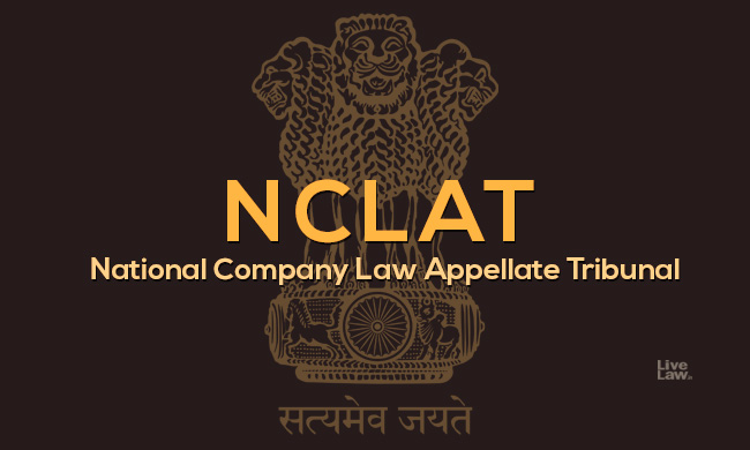Unsuccessful Resolution Applicant Has No Locus Standi To Challenge The Approved Resolution Plan: NCLAT Chennai
Pallavi Mishra
25 March 2023 11:30 AM IST

Next Story
25 March 2023 11:30 AM IST
The National Company Law Appellate Tribunal (“NCLAT”), Chennai Bench, comprising of Justice M. Venugopal (Judicial Member) and Ms. Shreesha Merla (Technical Member) while adjudicating an appeal filed in M.K. Rajagopalan v S. Rajendran & Anr., has held that an Unsuccessful Resolution Applicant has no locus standi to assail a Resolution Plan or its implementation since it is not...
